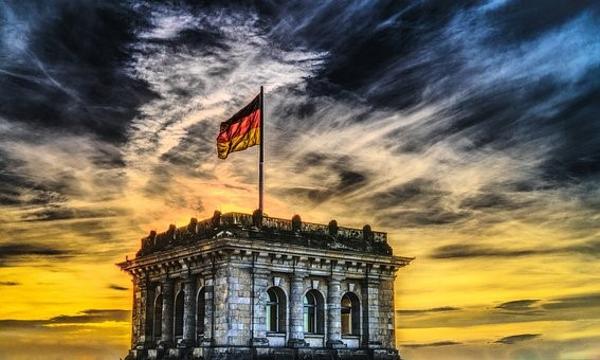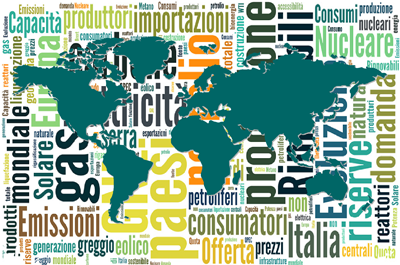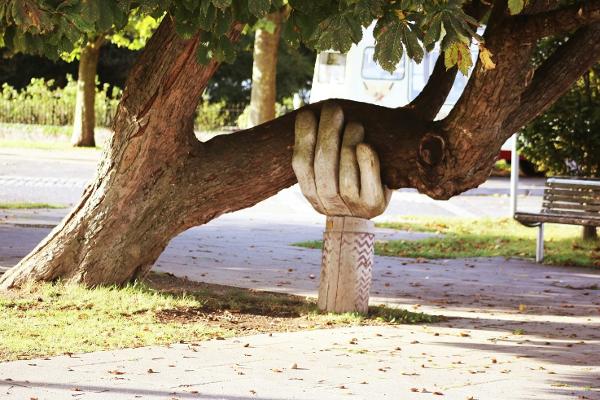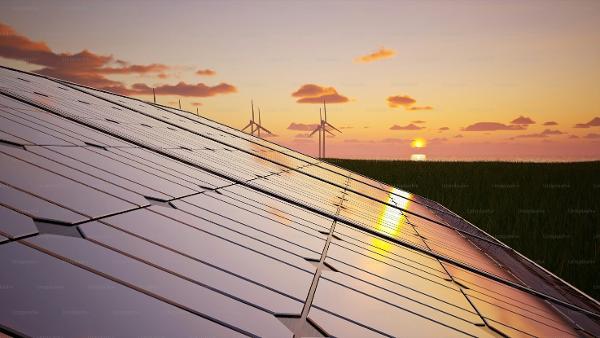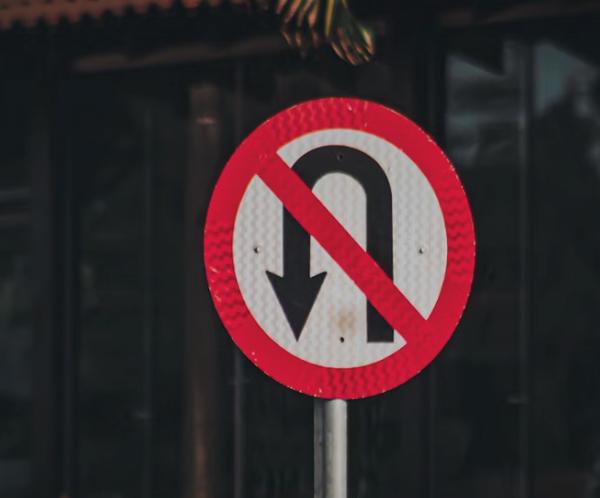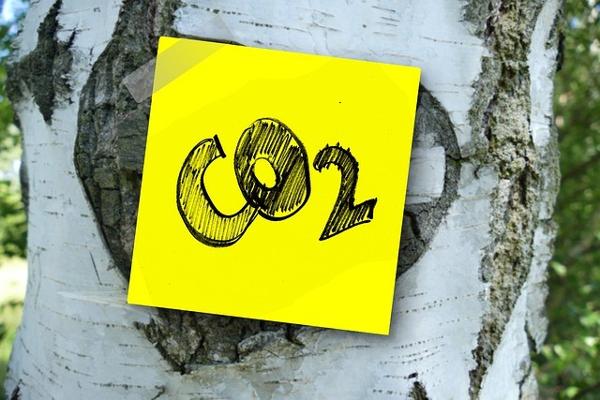Germany’s so-called national “price brakes” on gas and electricity agreed at the end of 2022 are the single largest financial support measure the country has taken so far to shield energy customers from skyrocketing prices in the wake of Russia’s war on Ukraine. Contrary to the EU-wide gas price cap, the German subsidy does not set a ceiling for purchases on international markets but rather ensures that customers can cover most of their demand at a fixed rate if market prices exceed a certain threshold. For households and small companies, this means that 80 percent of consumption are limited to a price of 12 cents per kilowatt hour (ct/kWh) for gas and of 40 ct/kWh for electricity, including taxes and levies. Any consumption beyond this level will have to be paid at market rates, which is meant to encourage reduced consumption. For comparison, the average gas price for households in the second half of 2021 was just under 7 ct/kWh and about 33 ct/kWh for electricity.
Similar arrangements have been put in place for larger industrial companies, which already before the energy crisis benefitted from regulatory exemptions to keep prices low. Under the new scheme, gas prices are limited at 7 ct/kWh and electricity prices at 13 ct/kWh for an amount corresponding to 70 percent of their consumption in 2021, excluding taxes and levies. “Everyone who is already paying high prices will receive support,” the economy and climate ministry (BMWK) said.
The measure is part of Germany’s 200-billion euro “defence shield” but also will be partly funded by a levy on windfall profits made by energy companies during the crisis since December 2022. Energy industry representatives heavily criticised the introduction of a levy on “random profits,” arguing it would drain the industry of much-needed investments to implement the country’s ambitious renewable energy targets. In a nod to these concerns, the government granted an increase of guaranteed remuneration for new renewable power projects in auctions.
The “price brakes” will take effect legally in March 2023, but also retroactively cover January and February. The subsidies will remain in place for at least all of 2023 and the government is ready to extend the scheme to April 2024, subject to EU state aid approval. They are supplemented by a hardship fund worth some 1.8 billion euros for households and institutions (including hospitals and care homes) that are especially vulnerable to higher prices and for customers using oil or wood pellets for heating.
Energy industry associations have voiced concerns that the envisaged timetable for the highly complex subsidy scheme could overburden administrative capacities at energy companies, who already struggle with a greatly increased workload due to the energy crisis. Industry association BDEW said obliging suppliers to pass on the support through reduced rates would be “an absolute novelty,” as companies have to assume key tasks usually carried out by the state. Local utility association VKU said implementing the cap on time would be a major challenge for the affected companies but nevertheless remained necessary. “At our local utilities, we see people every day who can no longer pay their power or gas bills,” VKU head Ingbert Liebing said. “That’s why the price brakes are sorely needed.”
Companies that receive financial support through the scheme have to accept curtailed bonus payments for executives and dividend pay-outs for shareholders throughout 2023. If their direct benefits exceed 25 million euros, no bonus payments are permitted and no dividends if they exceed 50 million euros. The head of trade union federation DGB, Yasmin Fahimi, criticised the ban on dividend payments, which could deprive companies of aid if they are legally obliged to pay off shareholders or urgently require fresh capital from investors. Fahimi, who hails from chancellor Olaf Scholz’s Social Democratic Party (SPD), said these “regular market economy mechanisms” might irk some policymakers. However, she warned that “now is not the time for fundamental debates about criticizing capitalism but effective action in the real world” to minimize the risk of de-industrialisation for Germany.
A survey by renewable energy agency AEE showed that nearly 70 percent of power customers said they plan to reduce consumption or had already brought it to a minimum “Many households take the power price brake as an incentive to reduce the fraction of their demand that is not covered by the scheme,” Kirsten Nölke of energy provider naturstrom AG commented. In a different survey by consumer protection organisation vzbv, more than 40 percent said they expect the support for power and gas customers to provide effective financial relief. Yet, most people were generally dissatisfied with the government’s support measures so far and 70 percent were worried that the energy crisis will burden them financially. However, while the share is still high, it dropped slightly since the summer, when over 75 percent voiced concerns about high costs.

